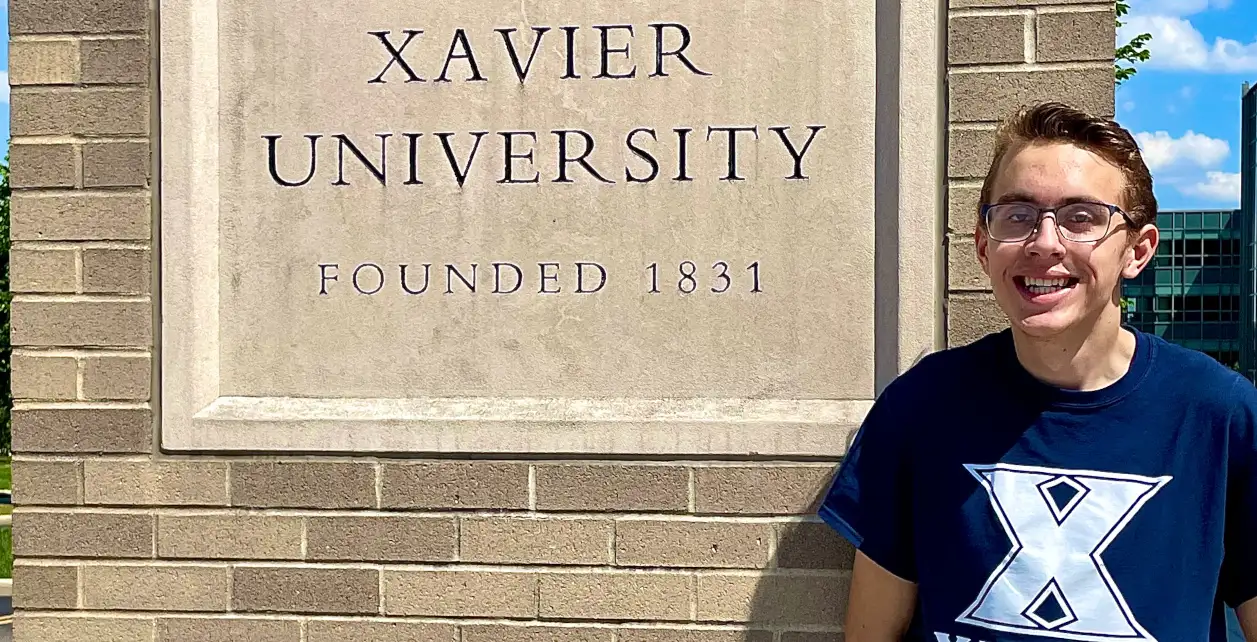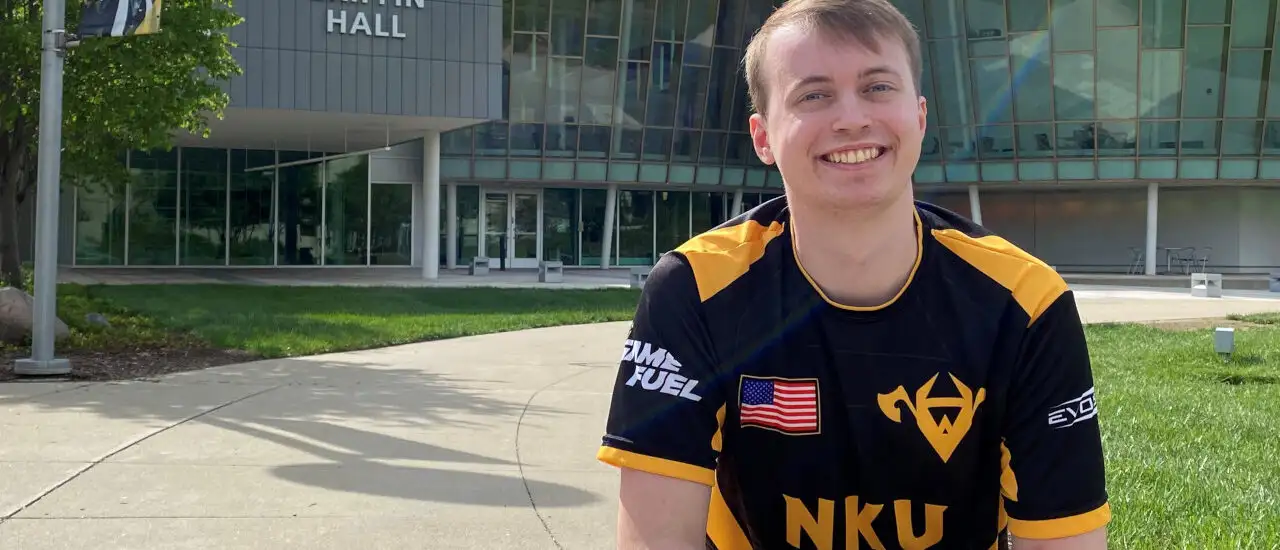Genetic testing can be a powerful tool in the management of cardiomyopathy.
Familial cardiomyopathy is a disease of the heart muscle that is passed down through a family’s genes. It is a very serious disease that can lead to heart failure and is a frequent cause of sudden cardiac arrest in children.
At our Cardiomyopathy Program, we see children, adolescents and young adults with cardiomyopathy. Genetic testing is only one component of the comprehensive care we provide these patients.
When someone is considering genetic testing for cardiomyopathy, these are the questions I hear most often:
TOP QUESTIONS ABOUT GENETIC TESTING FOR CARDIOMYOPATHY
What is involved in genetic testing?
Testing is done with a simple blood draw. (For someone with an extreme phobia of needles, a saliva test could be an option.) For the first family member getting testing done, the results will be ready in about three to four months. Once ready, one of our genetic counselors will call you to explain the results. You can also make an appointment to come in and discuss your results.
Is the cost covered by insurance?
In many cases, health insurance plans will cover all or part of the costs of genetic testing when a doctor recommends it. However, health insurance providers have different policies about which tests are covered. Our genetic counselors help navigate the insurance system so you know prior to testing what to expect.
If you’re uninsured, our counselors can work with you to find a program that could help cover the cost, or to work out a payment plan.
Will a positive result affect my or my child’s ability to get health insurance?
A federal law named the Genetic Information Nondiscrimination Act (GINA) was passed in 2008 making it illegal for a health insurance company to change your premiums or deny you coverage based on genetic test results. This means that even if you need to change health insurance companies, the new company cannot discriminate against you or your family based on a genetic test result.
What do the results mean?
We first start with genetic testing in a family with an individual who has been diagnosed with a form of familial cardiomyopathy. Let’s say I see a patient named Sarah who has hypertrophic cardiomyopathy. We do genetic testing on her and find out she has a gene mutation that caused her heart disease. We can then test her first degree relatives (parents and siblings), to see if they have the same gene. This could include her brother Michael.
If Michael’s test results are negative, this means he did not inherit the same gene mutation that caused the cardiomyopathy in his sister. In this case, routine cardiac screening would not be recommended for Michael. Essentially, he is “in the clear” for this form of cardiomyopathy and would not have to return to a cardiologist for this particular condition. Families who receive a negative result often say it gives them a great sense of relief and peace of mind.
If Michael’s test results are positive for the same gene carried by Sarah, this means he did inherit the gene mutation that caused the cardiomyopathy in his sister. In this case, Michael:
- Might already have the disease but has no symptoms yet,
- Might already have the disease with the symptoms wrongly attributed to another medical condition, or
- Might not yet have the disease but is at risk to develop it later in life.
Sometimes, no abnormal gene can be identified in a patient who has cardiomyopathy. In that case, both the patient (Sarah) and any first degree relatives (Michael) should be followed by a cardiologist. Genetic testing may be repeated in the future if new genes that cause the disease are identified.
THE BENEFITS OF KNOWING THE RESULTS
The benefits of knowing this genetic information are many. Families can learn learn answers to questions such as, Could my child one day develop this disease? What symptoms should I be on the lookout for? Should I or my family members be seen regularly by a cardiologist? Is it OK for my child to play sports?
With our example, Sarah and Michael can now better prepare themselves for the road ahead of them. They will know which family members should be followed by a cardiologist. They’ll learn what symptoms to watch for. They’ll find out if they need to make certain lifestyle changes, such as limiting sports. Because the end result of this disease is sometimes a sudden and unexpected death, having the genetic test results can be very empowering.
If Sarah or Michael had children, I would recommend that they go through genetic testing as well.
If Michael had children, I would recommend that they go through genetic testing as well.
While this may be a simplified example, I hope it helps families get a better sense of how powerful genetic testing for cardiomyopathy can be.
BACKGROUND ON CARDIOMYOPATHY
These five types of cardiomyopathy can be related to a person’s genetic makeup:
- Dilated cardiomyopathy (DCM)
- Hypertrophic cardiomyopathy (HCM)
- Left ventricular non-compaction (LVNC)
- Restrictive cardiomyopathy (RCM)
- Arrhythmogenic right ventricular cardiomyopathy (ARVC)
Familial cardiomyopathy is caused by a change, or mutation, in a gene. The good news about this is that genetic testing often can identify the gene mutation. Then, other family members can be tested for that specific mutation. We can then determine if those individuals could be at risk for also developing cardiomyopathy.
If you are considering genetic testing for your family, please keep in mind that it does have limitations. We don’t yet know all of the gene mutations that cause cardiomyopathy. Sometimes the test comes back with what is called an uninformative or inconclusive result. Whatever your results, we will take the time to fully explain them so you are better educated about your and your family’s heart health.
To learn more about our genetic testing for cardiomyopathy, please call 513-803-1746 or fill out an online form for more information.






I had congenital sub aortic stenosis. Surgery @ 12, and now at 56 after contracting endocarditis, another surgery to correct IHSS as well as valve replacement and by-passes. I had taken my boys to Childrens back in 90’s and they checked out ok. Now that they are grown should I have them checked again? And what about the grandbabies?
Hi A,
Yes, typically in this situation I would recommend that they be checked again, and I might recommend that you consider having genetic testing for IHSS.
I have had a transplant. I hear the chances of inheriting the gene is 50/50 but my grandmother had 4 out of 4 children with it and I have 3 out of 3. I am jewish and it seems that those of my relatives who have married non jews have had a lesser chance of having children with it including my cousin who has also had a transplant.
Hi Sue,
Thanks for reaching out. There are genetic diseases that run more in certain ethnic populations such as Jewish descendancy but this is likely more related to the family specifically than the heritage. Your family might want consider genetic testing.
Hi, my 4 year old nephew had restrictive cardiomyopathy and he passed away 3 years ago. Should I have my children tested?
Hi Susie,
I reached out to our cardiomyopathy team. They said that it is typical for someone with restrictive cardiomyopathy to have a genetic basis. Both genetic and cardiovascular testing can be performed to help determine the likelihood of it occurring in other family members. We would be happy to see your child in our clinic to determine if such testing is recommended, or help refer you to a local center where you can receive such an evaluation. Here is a web page with more information and how to contact us: https://www.cincinnatichildrens.org/service/c/cardiomyopathy/genetic-testing/
Dr. Jefferies,
My father had DCM,I contracted it,my sister died of it,my son contracted it,my two nephews now have it also. Should I do genetic testing along with my son or just my son and his three children who are 16,13 and 10 years old. Both grandsons are very active in soccer and I worry about them.All of us were diagnosed with DCM at 38 years old(my son) being the youngest to 55. My sister had extensive testing and she is clear,yet her second son was just diagnosed with DCM. Would she be a “carrier?” Two sons almost at heart transplant stage. Can she have genetic testing as a carrier and also her third son and his daughter? She has endured so much already with the failing health of two of her sons.
Thank you
Hi Victoria,
Yes, with the information that I have, it does sound like genetic testing could be beneficial here. We would be happy to speak with you or see you in our clinic. Our phone number (844-227-7307) and more information can be found in this section of our website: https://www.cincinnatichildrens.org/service/c/cardiomyopathy/contact
My 54 year old brother has been diagnosed with hypertrophic cardiomyopathy. I am 58 and recently had an echogram which was normal. Should my children (ages 20 and 28) be tested? Also wondering about grandchildren.
Hi Janet,
Genetic screening could be considered in your brother. If a pathogenic mutation was found, you could be tested. If you carry the mutation, testing of your children would be suggested for the same mutation. We would be happy to discuss this further in our clinic for additional discussion and management. You can call 844-227-7307 or fill out the online for for more information: https://www.cincinnatichildrens.org/service/c/cardiomyopathy/contact
I have mitral valve prolapse and left ventricle non-compaction cardiomyopathy and had a sudden cardiac arrest at age 63. I’m now fitted with an ICD and had genetic testing but came back as an ‘outlier’ (no known genetic link). Two of my aunts had SCA’s, one at age 42, one at 60 and a cousin at age 40. My daughter had mitral valve repair at age 34 and just got her ICD due to v-tach. Should I have genetic testing again in the future to see if there are any other genes that have been identified? Is there on-going decoding happening? All my children (4) are of child bearing ages and we are having them all followed by a pediatric cardiologist at UCLA.
Hi M,
I think it would be reasonable to consider genetic testing again in a few years as newer genes will likely be reported in that time.
Hello Dr Jeffries,
I found out it had cardiomyopathy with left venticular hypertrophy, EF of 25 to 30% in 2008. The dr did all sorts of testing with negative cath and called it idiopathic cardiomyopathy from a virus likely. 6 months of max carvedilol 25mg bid and lisinopril 10mg did not help ejection fraction so had CRT-D implanted with 45 to 50% EF. So my question is Can my four adult children inherit this from me? My Dr says no. My daughter has PVCs. Just curious as i have 9 grandchildren too. What is criteria for having a gene for this? Only member who died suddenly was a grandmother maternal at 47 six months after a csection in 1929. It was said to be an embolism. Thank you.
Hi Mary,
It is possible that your cardiomyopathy is genetically triggered. Have you talked with your provider about genetic testing? We would be happy to see you in our clinic if you are local or are willing to make the trip. You can contact us at this number: 513-803-1746 or fill out a request form here: https://www.cincinnatichildrens.org/service/c/cardiomyopathy/contact
Hello doctor.. My husband had routine ecg done which was abnormal. We did echo and found out he has apical hypertrophic cardiomyopathy..we got married one year ago. .we dont have children yet..i am so confused as what to do..i dont want to have kids with the same
issue :/
Hi Ammy,
The finding of apical hypertrophic cardiomyopathy is an important one and your husband should be followed by someone familiar with the disease. Genetic testing can be done. In this situation, there is typically a 50/50 chance that the gene responsible could be passed on to your offspring. Genetic counseling may be of help to you prior to having children.